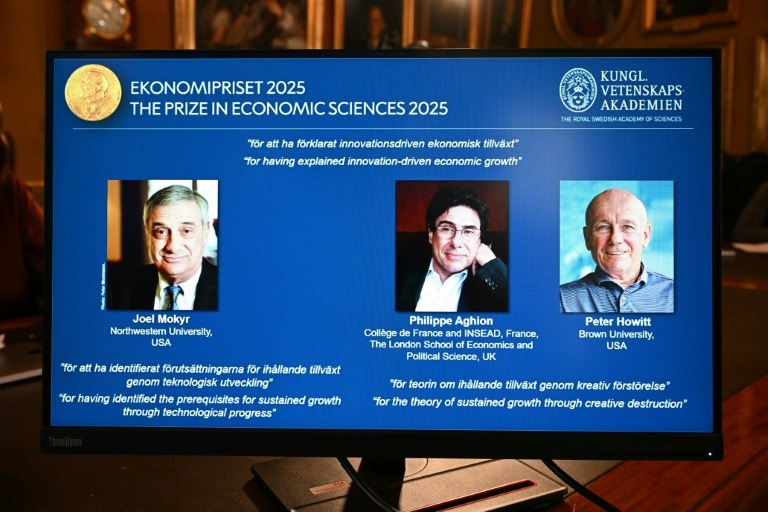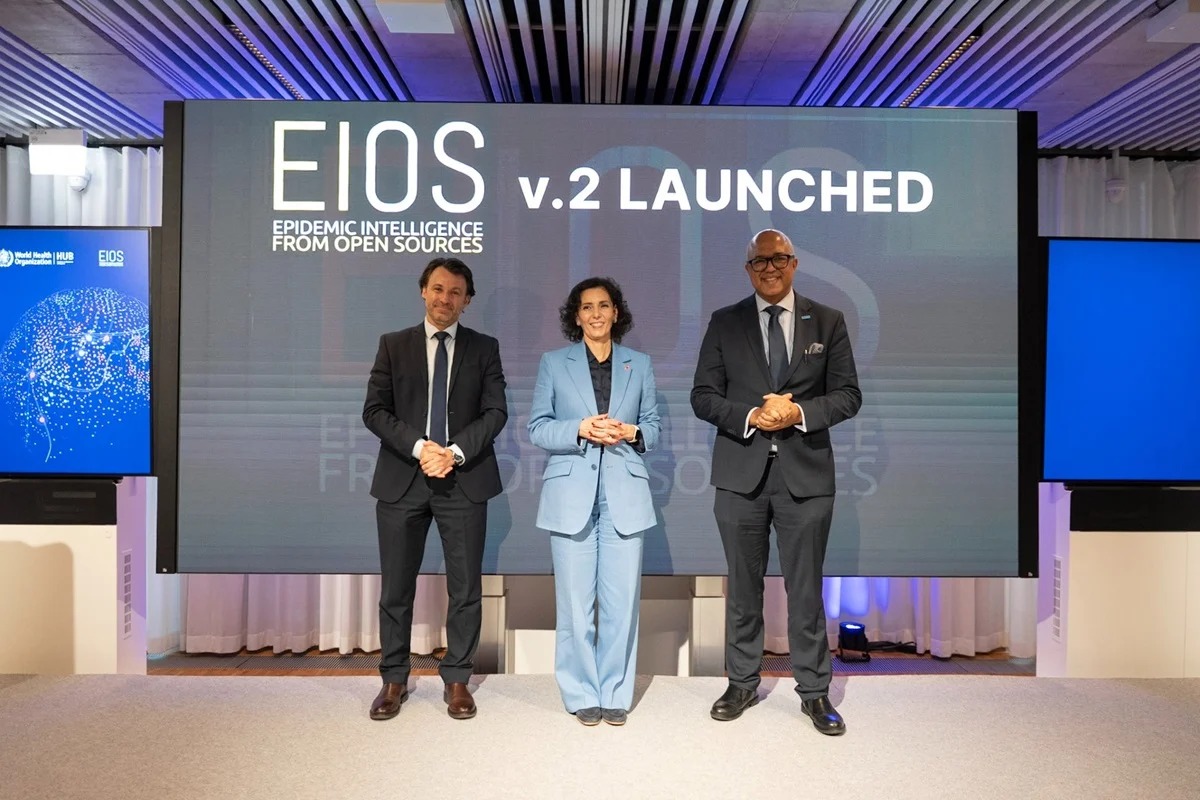Joel Mokyr, Philippe Aghion, And Peter Howitt Have Been Awarded The 2025 Nobel Prize In Economics For Their Groundbreaking Work On Technology-Driven Growth. Their Research Explains How Innovation And Creative Destruction Fuel Long-Term Economic Progress, Shaping Modern Policy And Development Strategies Worldwide.
Celebrating innovation as a growth engine
On October 13, 2025, the Royal Swedish Academy of Sciences announced Joel Mokyr, Philippe Aghion, and Peter Howitt as the recipients of the Nobel Memorial Prize in Economic Sciences. The trio was honored “for having explained innovation-driven economic growth,” with one half of the prize awarded to Mokyr and the other half jointly to Aghion and Howitt.
Mokyr’s work focused on the historical prerequisites for sustained technological progress, emphasizing the importance of scientific understanding in enabling successive innovations. Aghion and Howitt, meanwhile, developed the theory of “creative destruction,” illustrating how new technologies replace outdated ones, driving productivity and improving living standards.
Understanding creative destruction and sustained growth
The laureates’ research has reshaped how economists and policymakers view long-term growth. Their models show that economic stagnation was historically the norm, and only through continuous innovation can societies achieve sustained development. They also highlight the need for institutional support, education, and openness to change—even when it disrupts existing industries.
Their work has influenced debates on R&D subsidies, education reform, and the role of entrepreneurship in national economies. It underscores that progress is not automatic and must be actively cultivated.
Key highlights:
- Nobel Prize in Economics 2025 awarded to Mokyr, Aghion, and Howitt
- Recognized for contributions to innovation-driven growth theory
- Mokyr studied historical roots of technological progress
- Aghion and Howitt developed the concept of creative destruction
- Research impacts global policy on innovation, education, and entrepreneurship
Global relevance and future implications
The Nobel Committee emphasized that the trio’s work is especially relevant today, as nations grapple with rapid technological change, climate challenges, and shifting labor markets. Their insights offer a roadmap for fostering inclusive and resilient growth in the digital age.
The award also serves as a reminder that economic progress depends not just on invention, but on the systems that allow ideas to flourish and evolve.
Sources: NobelPrize.org, The Hindu, Indian Express, MSN News




